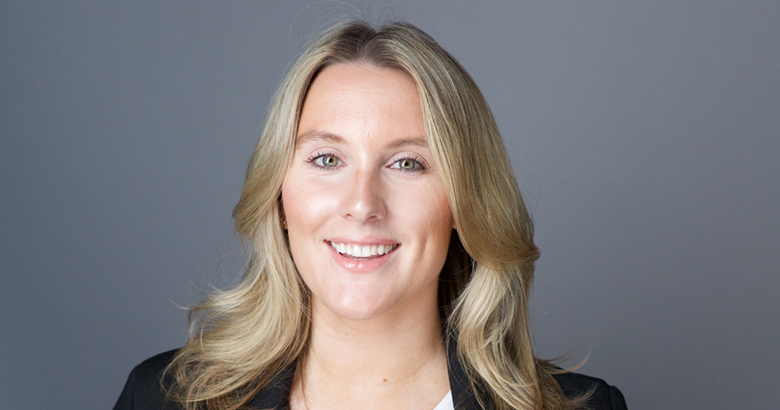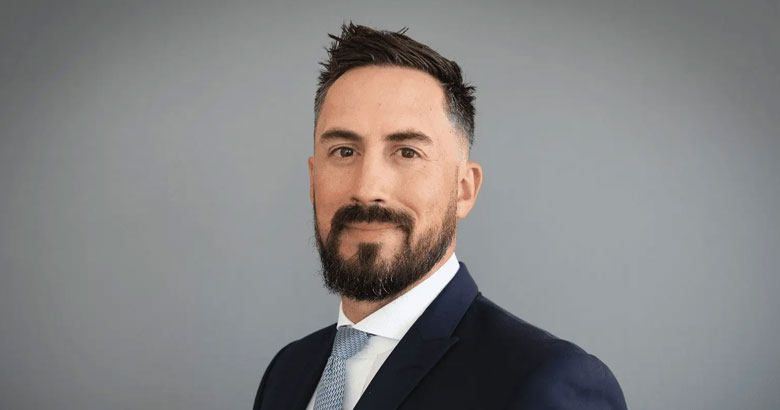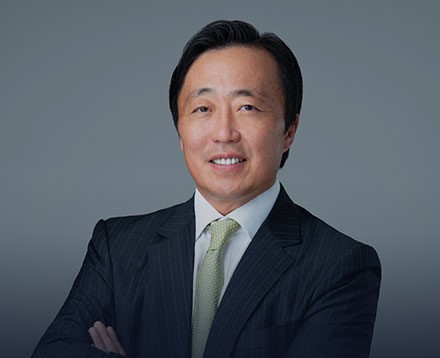All outsourced trading services are not alike.
In the broadest sense, outsourced trading replaces some or all of the functions of an internal buy-side trading desk with a third-party provider—but as this fast-growing industry continues to establish itself as a critical part of the asset management landscape, it becomes increasingly important to differentiate between the various service offerings within the space. Here we take a closer look at three predominant models for outsourced trading, assess the strengths and weaknesses of each, and discuss several key considerations for asset managers working to identify the optimal choice.
3 types of outsourced trading service models
Services can be separated into three models, defined by their core characteristics.
1. Prime Brokerage / Custodian Model
To enhance their prime brokerage and custodial services in an increasingly competitive environment, custodians and smaller investment banks are offering outsourced trading. The buy-side client has a single relationship with the provider. The execution broker housed inside the provider, a.k.a “outsourced trading desk”, executes trades for the client and passes the execution to their settlement and clearing group. The clients are provided with research, corporate access and other services. The outsourced desk may also have relationships with other sell-side firms for execution, meaning the client is transacting with the provider. Ultimately, the outsourced service provider is the executing broker and stands between the client and other sell-side firms.
Strengths
- Lower explicit execution costs.
- Outsourced trading commissions are bundled as revenue for prime services
Weaknesses
- Limited execution capability and expertise across asset classes and geographies.
- Limited integration with investment teams’ idea generation and portfolio management process.
- Entire desk may see orders, not just assigned trader and backup.
- Model may create incentive misalignments based on parent organization priorities.
- Outsourced desk may be in close proximity to institutional sales trading desks.
- Intermediates a fund’s relationship with its brokers and resource partners.
- Traditional broker dealers often treat this model as competition.
- Non-directed order flow may be mishandled, e.g., internalized or routed to payment for order flow (PFOF) parties.
WHAT’S DRIVING THE GROWTH?
Asset managers are facing compounding pressures, including ever-increasing costs associated with operating a fund. To find ways to stay profitable and drive efficient growth, managers have significantly reduced the size of their trading desks in the last 20 years, replacing traders with software. Even so, desks and their systems are still expensive. At the same time, increasingly complex and fragmented markets alongside regulatory and compliance challenges are driving the need for more software and expert traders. These issues only make creating alpha harder, especially for small funds. With many asset managers struggling to justify a million-dollar desk, outsourcing has become a compelling strategy, delivering superior trading services in a cost effective way. In addition to lowering costs overall, outsourced trading creates the opportunity for asset managers to turn a fixed cost into a variable cost.
2. Traditional Agency Model
Strengths
- Hub and spoke model provides clients easy access to a wide broker network.
- Client does not need to be onboarded directly with other broker dealers.
- Outsourced desk may be able to provide written research reports from its broker relationships
Weaknesses
- Limited execution capability and expertise across asset classes and geographies.
- Trading desk may be serving a large number of clients.
- Limited integration with investment teams’ idea generation and portfolio management process.
- Intermediates a fund’s relationship with its valued brokers and resource partners.
- Client’s traditional broker dealers often treat these providers as quasi-competition.
- Non-directed order flow may be mishandled, e.g., internalized or routed to PFOF parties.
3. Pure Buy-Side Model
Providers act solely as the authorized traders for asset management clients. This structure allows the outsourced desk to be a truly independent, conflict-free extension of the client’s investment team, thereby operating in a pure buy-side capacity. In contrast to the models above, the provider does not have a clearing arrangement, conduct traditional brokerage activities, nor have any competing lines of business with clients’ broker-dealers. Clients settle all of their trades directly with their sell-side counterparty which ensures all trades are booked into the funds account and all commissions and/or spreads paid to the sell-side are from the fund. Meraki has pioneered the pure buy-side model, a unique offering which is more akin to “cosourcing” than traditional “outsourcing.”
Strengths
- Ability to trade any asset class including global equities, credit, FX, rates, structured products, commodities, and derivatives. Funds are matched with seasoned traders according to their specialization
- Client maintains direct relationships with their executing brokers and the fund name remains the focal point for resource providers.
- Low client to trader ratio ensures a bespoke high touch service. Traders monitor portfolios, understand themes important to the manager, and provide him or her with opportunistic flows and market color.
- Full access to capital markets teams, stock loan desks, IOIs, and buy-side only liquidity pools.
- Complete integration with both the investment and middle office teams. Traders accept orders in shares, $, or % of AUM and can facilitate settlement of securities and cash management.
Weaknesses
- Limited execution capability and expertise across asset classes and geographies.
Key considerations when selecting an outsourced trading firm
Building upon an understanding of the different outsourced trading service models, asset managers should ask themselves:
1. Which firm offers the greatest value for our needs?
Some funds are looking for high-touch, experienced trading; others are focused on growing their broker network. Another way to approach this is to ask, which model would your desk most closely resemble if cost weren’t a consideration? Start by establishing core values—from here, it’s easier to weigh the advantages and disadvantages of the outsourced trading models
2. What am I giving up by narrowing down the offerings to a single focus?
If the sum of the lost values is greater than the value of the single focus, then you may want to reconsider your focus. If, for example, you choose the prime brokerage model, are you limiting your resources and creating concentration risk? If you chose the agency model, are you limiting the products you can trade, forfeiting credit for your commission dollars, or receiving subpar execution? And if you chose the pure buy-side offering, do you have the ability and willingness to set up prime brokers, ISDAs and execution accounts with your preferred counterparties?
Important issues around privacy and conflicts of interests
At its core, the concept of outsourced trading works best when the service provider is structured so that conflicts of interest are removed, and trust is nurtured between both parties. Funds should complete thorough due diligence into a firm’s policies and procedures to detect potential conflicts of interest and identify mitigating measures.
The most important due diligence items include:
- Firm Structure – Is outsourced trading the sole source of revenue for the business or is it part of a larger company? What is the ownership structure? What does FINRA BrokerCheck show about the firm’s registrations, lines of business, and ownership?
- Handling of order flow – Can the outsourced desk use my fund’s information or order flow to their firm’s benefit and my detriment? Do the firm’s SEC 606 reports reveal that a majority of non-directed orders are routed to Payment for Order Flow (PFOF) parties?
- Information leakage – How many people have access to my trading information? How many of my peers does my coverage speak with? What is the client to trader ratio? To what extent is the institutional desk separated from the outsourced trading desk?
About Meraki Global Advisors
Meraki Global Advisors was founded with a rebellious determination to deliver truly conflict-free services to asset managers. Headquartered in Park City, Utah with offices in New York and Hong Kong, Meraki provides outsourced global multi-asset trading, leverage management, and capital introduction services to the asset management industry. Meraki Global Advisors LLC is a FINRA member and SEC Registered. Meraki Global Advisors (HK) Ltd is licensed and regulated by the Securities & Futures Commission of Hong Kong.
For more information, visit the Meraki Global Advisors website and LinkedIn page
Contact:
Mary McAvey
VP of Business Development
(646) 666-7041









